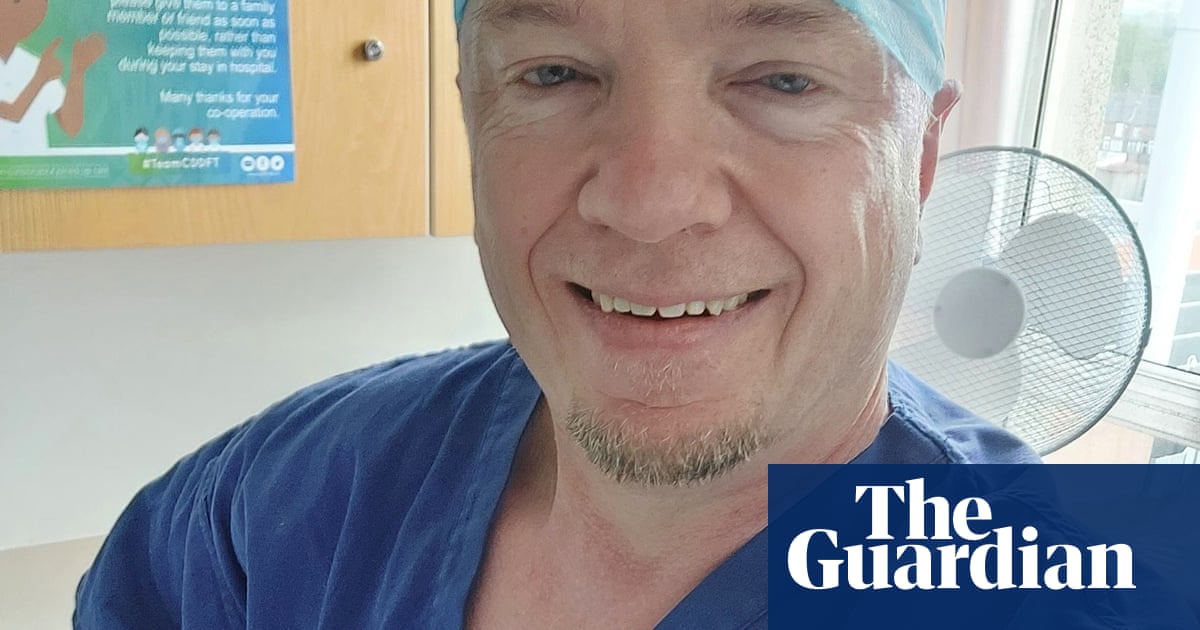An unregistered sperm donor who says he has fathered more than 180 children has failed to gain custody of a three-year-old child he had with a Durham woman, who said she was left “broken” and “suicidal” by their encounter.
Robert Albon, who goes by the pseudonym “Joe Donor” and has appeared on This Morning and in a Channel 4 documentary, applied to have the girl live with him after a court deemed her mother was unable to look after her.
It is one of four times the 54-year-old American has attempted to gain parental rights over a child he fathered in the UK, according to court documents.
In February, Albon was named by a judge who hoped to protect women from seeking his services when he took aCardiffcouple to court to get parental rights over a child he fathered.
His case was rejected by the judge, who described him as “a man who seeks to control” and who used women as a “commodity” while presenting a veneer of wanting to help.
The nonbiological mother in that case said his involvement had been a “nightmare and a horror story”.
A judgment released on Wednesday by a family court judge inMiddlesbroughrejected Albon’s application for custody of the girl, who was born in May 2022. An application for parental rights over a second girl from the north-east, who was born in March 2023, was also turned down.
In both cases, he had sex with the women. It was a “free” service, which Albon on his Facebook page said meant recipients did not have to “have a weirdo in a lab coat look at your hoohaw”.
In the case of the three-year-old, the mother contacted him over Facebook in 2021, and he asked her to send a picture before travelling 250 miles the same day for sex. The woman already had seven children, five of whom were not in her care.
Afterwards, Albon exchanged messages with the woman, who later wrote: “Have done an awful lot of thinking about how you have treated me. I can’t eat. I actually came within minutes of ending my life this morning. It was my 17-year-old that stopped me. I cannot carry on any longer. You have truly broken me.”
In messages, she accused him of using the unborn child to try to get benefits and a house.
In the case of the two-year-old girl, Albon did not appear on the child’s birth certificate, though he initially had some contact with her.
Albon applied for declaration of parentage, parental responsibility and contact with the girl, which the mother opposed, giving evidence in court from behind a screen.
The woman, who was described as “suggestible” by the judge, learned his name was Robert, and not Joe, only after the child was born. She was described by social services as being vulnerable, having a very unstable family background and was assessed to have an IQ of 75.
Albon, who has families with a Japanese woman and a Chinese woman he is estranged from, has also fathered dozens of children across South America, Australia and the UK.
In the US, where he was offering sperm donor services until 2017, there is a warrant for his arrest over unpaid child maintenance amounting to thousands of dollars.
In an interview with the Sun last August, he said: “I’ve had about 180 live births and I’ve met about 60 of them.”
